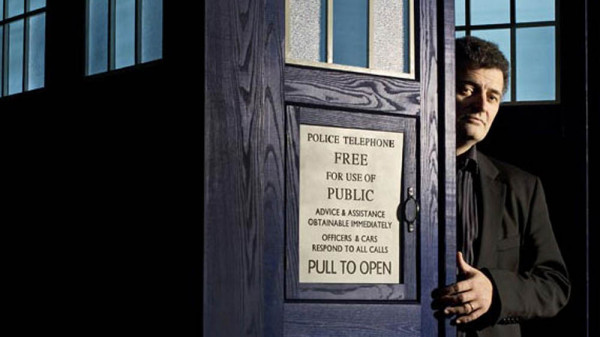Ladies, gentlemen, multisex, undecided, or robot; Doctor Who is once again the verge of significant change.
Life depends on change and renewal. And so does Doctor Who. But the change isn’t just the introduction of a new companion. Very soon, possibly by the end of the year, the Steven Moffat era will draw to a close.
Although Moffat’s not budging just yet, there are signs that he is preparing to step down. Season 9 was originally written to wrap up the threads from his era, ‘The Husbands of River Song’ was supposed to be his swansong, and he has publically announced that the hunt for his successor is on. The moment is coming. And so are more ham-fisted Doctor Who puns.
But choosing someone to take on Doctor Who is no small feat. When Steven Moffat accepted the job way back in 2008 ahead of Russell T Davies’ departure the following year, he was the obvious choice. An award-winning writer who had written for every season at point, with all of his episodes being very well received.
So the question now is who could do the job next? Who should be the new Moffat? The ideal candidate is someone with experience of writing Doctor Who in one way or another.
We’ve drawn up a list of ten potential candidates from the show’s pool of writers over the years…
Catherine Tregenna
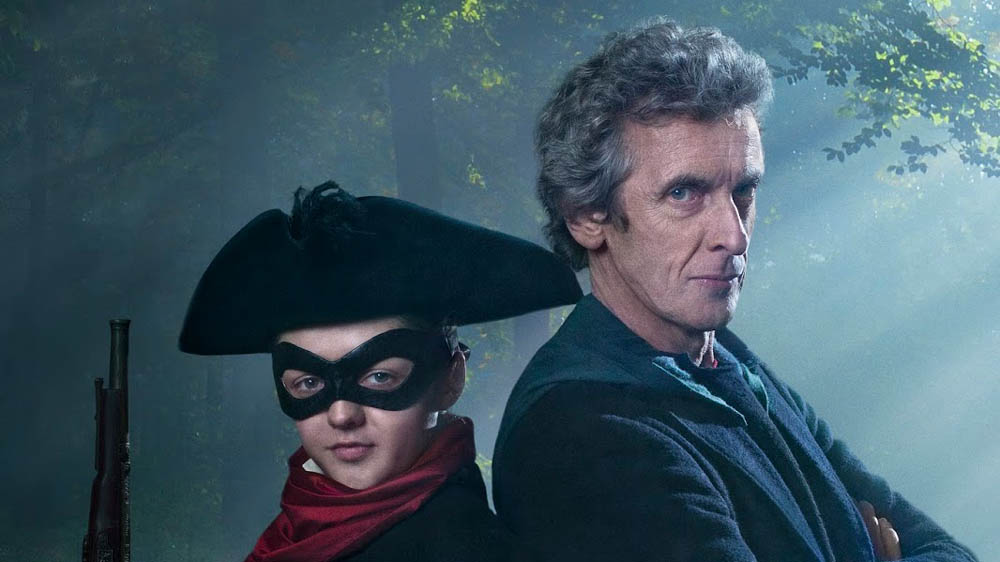
The most recent writer on this list to join the Doctor Who family; Catherine Tregenna first touched base with the Who universe in 2006, writing the episodes ‘Out Of Time’ and ‘Captain Jack Harkness’ for the first season of Torchwood.
Both were uncharacteristically quiet for the otherwise overtly violent and sexual first season, and as well as being solid episodes in their own right, showed where Tregenna’s strengths as a writer lay.
While her Torchwood and Doctor Who writing hasn’t shown a huge amount of scale, what Tregenna does do well is character. Her Who episode, ‘The Woman Who Lived’, isn’t really about the jewel and the portal plot, it’s the story of two immortals who are polar opposites of each other because of the lives they’ve led.
Likewise, ‘Out Of Time’ is a very simple story about three time displaced people trying to adapt to the present day. Which works beautifully with no need for some kind of grand threat dooming the characters.
And for a role that is almost guaranteed to involve writing a new Doctor at some point, that kind of skill with character writing is absolutely vital since well-written Doctor is the anchor-point of the programme. Something that Tregenna could pull off every well. And with some coaching from Steven Moffat in the other areas of writing Doctor Who, Catherine Tregenna could definitely become worthy of being his successor.
Neil Cross
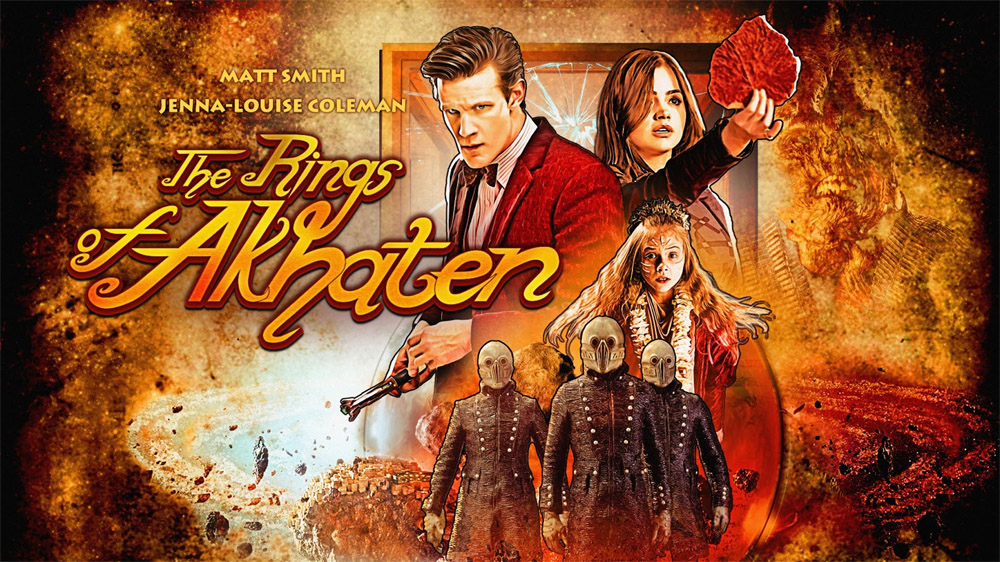
Ideally, Doctor Who needs someone with a genuine love of it at the helm. The lunatics have been running the asylum since John Nathan-Turner took over in 1980. And, on the whole, it’s a system that works. Which is where Neil Cross comes in. A dyed-in-the-wool Whovian who ended up writing for Doctor Who in 2013 after persistently mentioning it at BBC meetings.
Although Cross has only written two episodes so far and in a short space of time, he has pulled off both a large scale space opera (‘The Rings Of Akhaten’) and a claustrophobic horror mystery (‘Hide’). Genres at opposite ends of the scale, showing that he has the versatility as a writer that Doctor Who demands.
But fan credentials aside, the biggest point in Cross’s favour is that he created critically acclaimed police drama Luther. A series that has netted him a Royal Television Society award and four Emmy nominations. Cross’s ability to create engaging and high quality drama is undeniable. And since Doctor Who is something he has genuine enthusiasm and appreciation for, that ability is likely to rub off on a season of Doctor Who produced under his supervision.
More crucially, because of Luther, Cross has been in charge of a big BBC One drama. Job experience that’s very transferable to Doctor Who. Only with more green screen and fewer serial killers. But hopefully still with Paul McGann.
Neil Gaiman
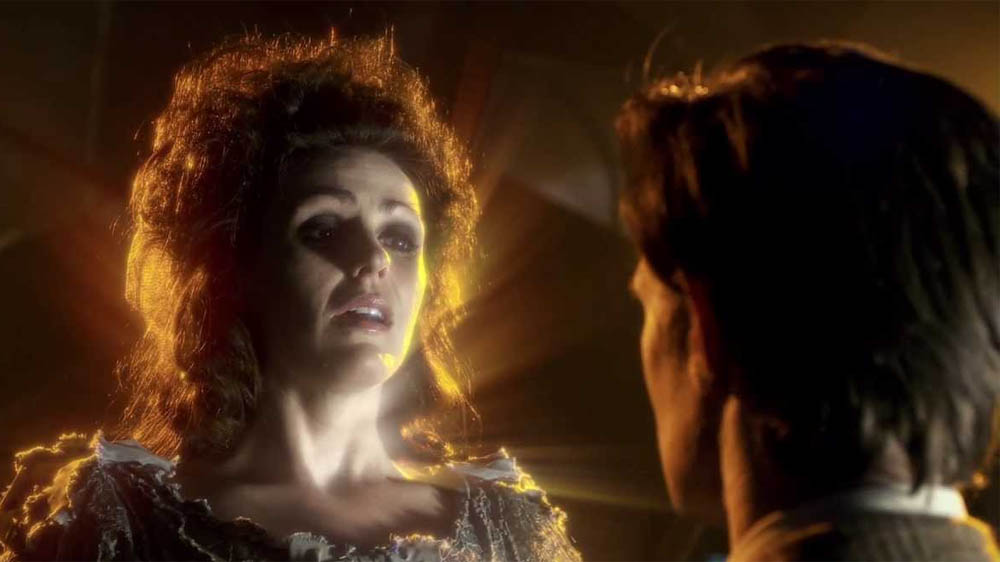
Some musicians claim to use drugs to ‘expand their minds’. Neil Gaiman doesn’t need to since his mind is already so wide open it’s like a house with no roof. And that’s the biggest thing he’d bring to Doctor Who. Scope. As a fantasy author, creating the weird and the wonderful is what he does. And with twelve episodes and the corresponding budget to play with, he’d be able to really stretch Doctor Who.
Another point in Gaiman’s favour is something he has that is surprisingly scarce on Doctor Who writers’ CVs: actually writing fantasy for television. By co-writing fantasy miniseries Neverwhere in 1996, he has a sense of how the game is played. How to work with a budget across a whole season and realise the impossible all while compromising on certain points but not in a way that hurts the story.
He also co-wrote and produced the motion-capture adaptation of Beowulf in 2007, proving that he’s no slouch when it comes to working with the technical side of things either.
But most importantly of all, a fair amount of Gaiman’s novels have been aimed at children. He knows what makes them tick. And something it’s important not to lose sight of is that children are Doctor Who’s primary audience. A man with experience writing for children and opinions like “One of the keys to children’s fiction for me is you owe it to the world, and you owe it to the kids, to give them hope.” would fit the spirit of Doctor Who like a glove.
Phil Ford
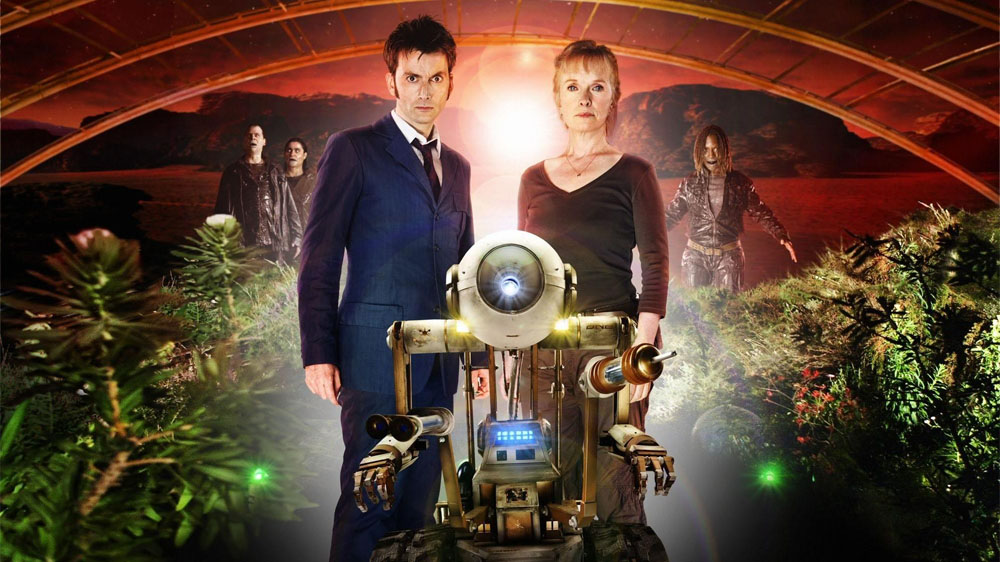
Yep, we’re suggesting that the writer responsible for the bulk of ‘The Waters of Mars’ should take over Doctor Who. Prepare for the number of children’s nightmares happening on a Saturday to skyrocket if it actually happens.
Although it would be easy to look at ‘The Waters of Mars’ and Ford’s other episode ‘Into the Dalek’, and assume that his body of work is a little too gritty for him oversee the programme; Phil Ford is quite possibly the writer with the widest range working on Doctor Who at the moment.
Other than Russell T. Davies, he is only writer to contribute to Doctor Who, Torchwood and The Sarah Jane Adventures, writing eleven of the latter’s twenty-seven two-part stories. Which is something that prepares him excellently for potentially succeeding Moffat.
Having written for Doctor Who and both of its spin-offs, Ford knows the universe very well and has shown he can hit a wide variety of tones and genres. He has written across the Doctor Who spectrum; for children, for families, and for adults. As well as that, he knows how to experiment with different tones. His Torchwood episode ‘Something Borrowed’ was ironically very light and comedic while his contributions to Doctor Who itself have been on the darker side.
And as well as general writing ability; having written eighty-six episodes of ITV soap opera Coronation Street over five years, Ford is clearly capable of keeping up with a heavy workload and working to deadlines. Something that, as Russell T. Davies’ book ‘The Writer’s Tale’ shows, can be a struggle for Doctor Who’s showrunner.
Andrew Cartmel
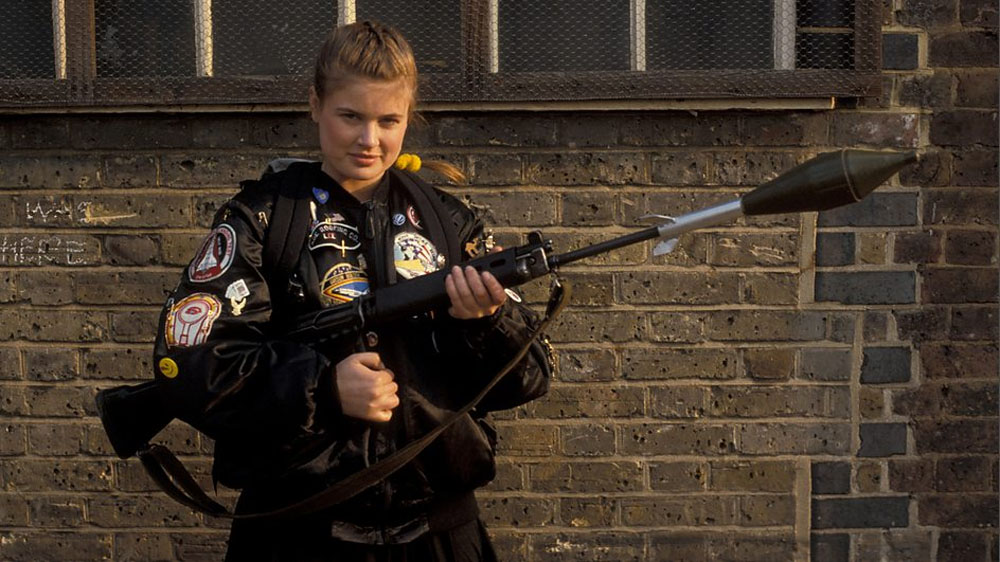
A name that’s probably unfamiliar to many, Andrew Cartmel was the script editor for the Sylvester McCoy era – a role that has a lot in common with the showrunner position of modern television apart from actually writing episodes.
And while old and new Doctor Who are very different animals, as the sleeve notes for the DVD release of ‘Survival’ (classic Who’s final story) observe; the end of Season 26 bore a lot of similarities to Russell T. Davies’ first season.
Cartmel’s time as script editor saw him overseeing elements that went on to be integral to nu-Who, namely greater focus on the companion and a season-long story arc. It also was a little more open with its emotional content, slowly moving away from the stiffer “No hugging, no kissing” approach of earlier episodes.
The era script edited by Andrew Cartmel effectively being a prototype for nu-Who is one of the biggest reasons why he’d be an ideal successor for Steven Moffat. Even though he hasn’t written episodes of Doctor Who, he has been in what is now the showrunner position before with the later episodes under his supervision being considered return to form from a decline in previous years.
Andrew Cartmel did a lot of solid work during his time as script editor and he could be the perfect candidate to continue Doctor Who. Especially considering that this is a time when it’s not teetering on the edge of a cliff.
Paul Cornell
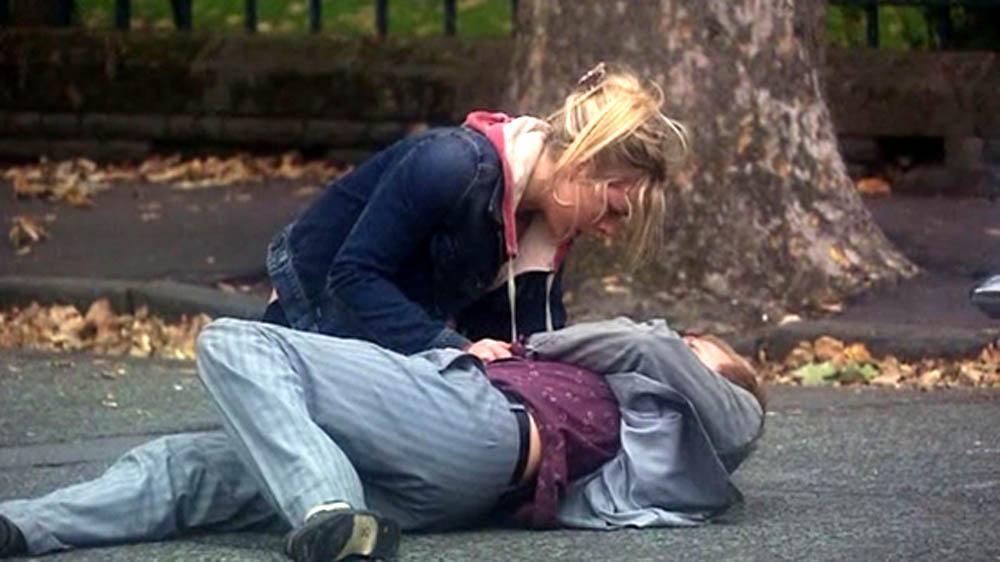
Quite fittingly for a Doctor Who writer, Cornell’s contributions to the programme are bigger on the inside. Although his last two episodes were broadcast nine years ago, like a few other Doctor Who writers he started writing for Doctor Who in the early 1990s with the Virgin New Adventures novels and later moved on to audio plays and comics.
Amongst Cornell’s Doctor Who creations is 26th century archaeologist Bernice Summerfield, a companion to the Seventh and Eighth Doctors who appeared in a significant number of novels and eventually her own spin-off books and audios.
Few spin-off characters (especially ones not on television) have had such an impact, showing that Cornell is able to create characters that are well received and have a very long shelf life. He also has the rare experience of creating an entirely new Doctor, writing the original Ninth Doctor in the 2003 webcast ‘Scream of the Shalka’.
Away from his expanded universe work, Cornell’s three episodes of Doctor Who (‘Father’s Day’, ‘Human Nature’, and ‘The Family of Blood’) have been very well-rounded stories that manage to fit in very human emotional subplots along with the standard aliens, monsters, and explosions. Something that’s very important to modern Doctor Who.
Toby Whithouse
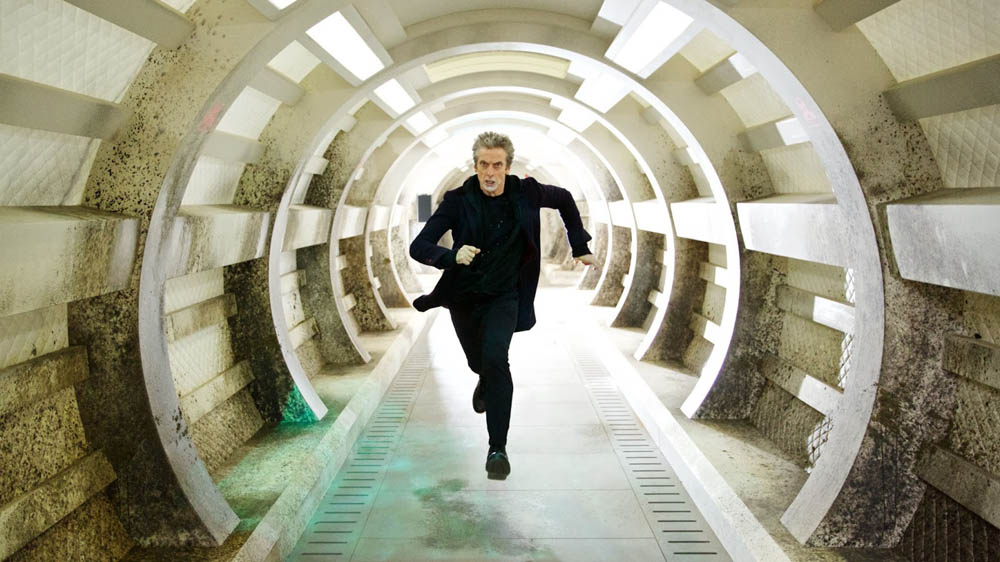
From 2006, Toby Whithouse showed strong promise as a Doctor Who writer when given the responsibility of bringing back Sarah-Jane Smith and K-9 in Season 2’s ‘School Reunion’.
He breathed life back into the old tin dog and helped to craft an episode good enough to pave the way for the Sarah Jane spin-off that K-9 & Company didn’t manage to be. And if that didn’t win children over, the school exploding at the end of the episode probably did the trick.
Since then; he has plodded along steadily with Season 9 marking his fifth and sixth episodes, mixing both horror and some real pathos along the way. Although he’s far from the most prolific contributor to Doctor Who, he knows what he’s doing and does it well enough to write for four different seasons under two different showrunners.
In between his episodes for Season 2 and Season 5, Whithouse created and wrote fantasy drama Being Human for BBC Three as well as executive producing its US remake in 2011; and later created, wrote, and executive produced Cold War spy drama The Game in 2014.
All of which have given him crucial experience of creating and producing television drama as well as writing it. He has overseen two entirely original programmes from the ground up that included episodes by other writers. Something that would set him in incredibly good stead for running Doctor Who.
Chris Chibnall
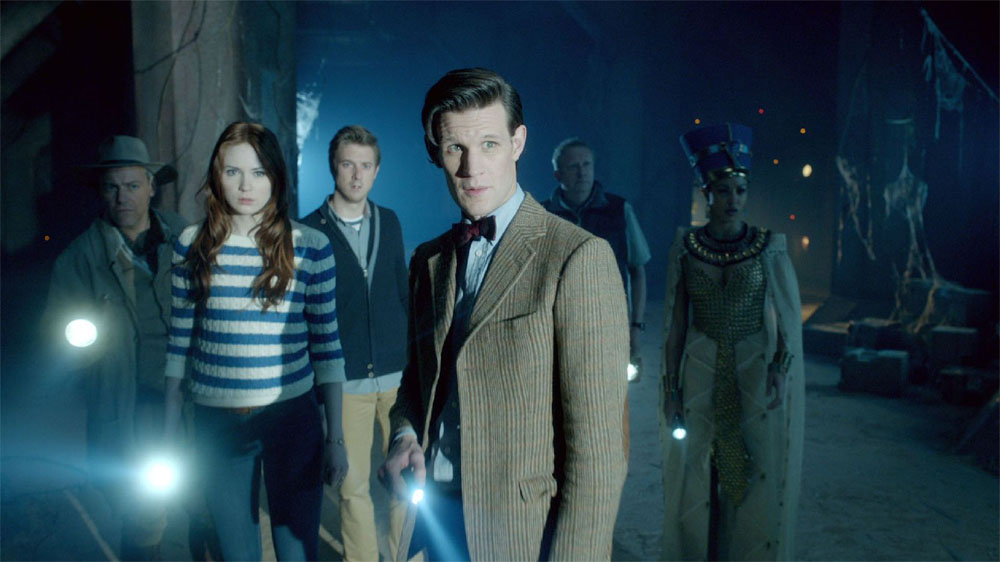
Chris Chibnall is one of quite a few Doctor Who writers to graduate to writing for it after working on other Who-related media, overseeing the first season of spin-off series Torchwood before writing the real-time episode ‘42’ in 2007, followed by Season 5’s Silurian two-parter in 2010, and ‘Dinosaurs On A Spaceship’ and ‘The Power Of Three’ for Season 7 two years later.
While his work on Doctor Who hasn’t been the most arc-heavy or emotional stuff (other than a few moments in ‘The Power of Three’), he excelled in those fields with Season 2 of Torchwood.
Season 2’s finale ‘Exit Wounds’ and the preceding episode ‘Fragments’ were big in terms of emotional stakes, even when parts of ‘Fragments’ (it being an anthology episode of how the main characters joined Torchwood) were very small scale.
The deaths of Owen and Tosh in ‘Exit Wounds’ are heavy and well written stuff for a programme and writer that had served up a female Cyberman in high heels and what was basically a metal bra a year earlier.
Production-wise, Torchwood was pretty much a carbon copy of Doctor Who. And over the past ten years very little about Doctor Who’s format has changed, making Chibnall a prime candidate to take over because he’s basically done it before.
Nicholas Briggs
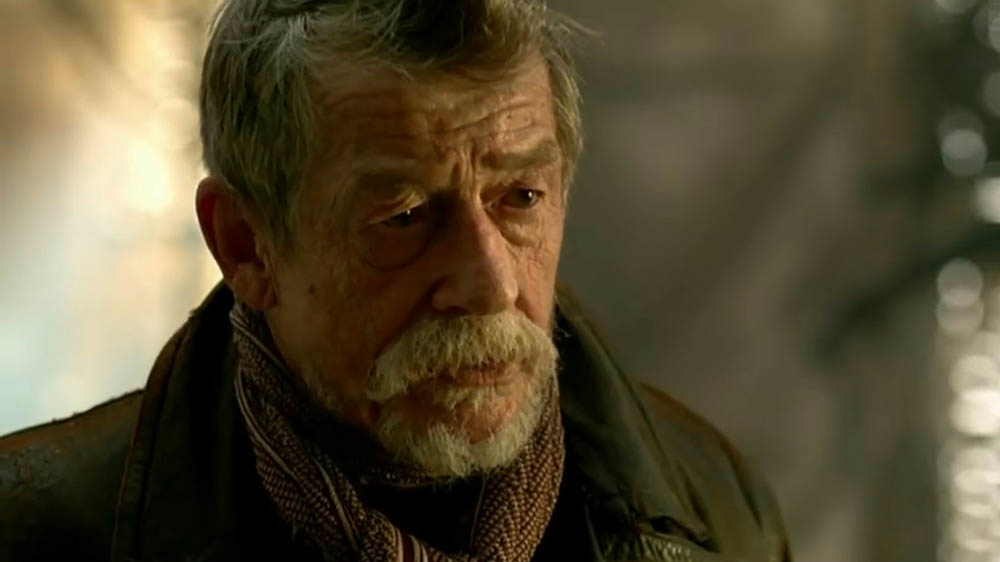
To those only familiar with Doctor Who on television, Dalek voice actor Nicholas Briggs may seem like an odd choice. But away from his voice modulator; he has a wealth of Doctor Who experience, mostly as a writer.
In the late 1990s, Briggs wrote and directed a trilogy of Auton-themed straight-to-video dramas, and went on to pen numerous Big Finish audios, including the 50th Anniversary Special ‘The Light at the End’. Most recently, he has written Big Finish’s War Doctor series starring John Hurt.
Although he has yet to write Doctor Who on television, through audio he has written for every original Doctor, the War Doctor, and numerous Companions. Obviously writing audio plays is entirely different from writing television drama but Briggs has appeared in thirty-three different episodes of Doctor Who over ten years, logically giving him pretty sound experience of the programme’s general ins and outs.
His experience in writing for television may not be particularly extensive, but what Nicholas Briggs does have a huge amount of experience of is writing, directing, and appearing in Doctor Who. And although that experience is pretty specialised, it makes him a prime candidate to lead the programme’s next era.
Mark Gatiss
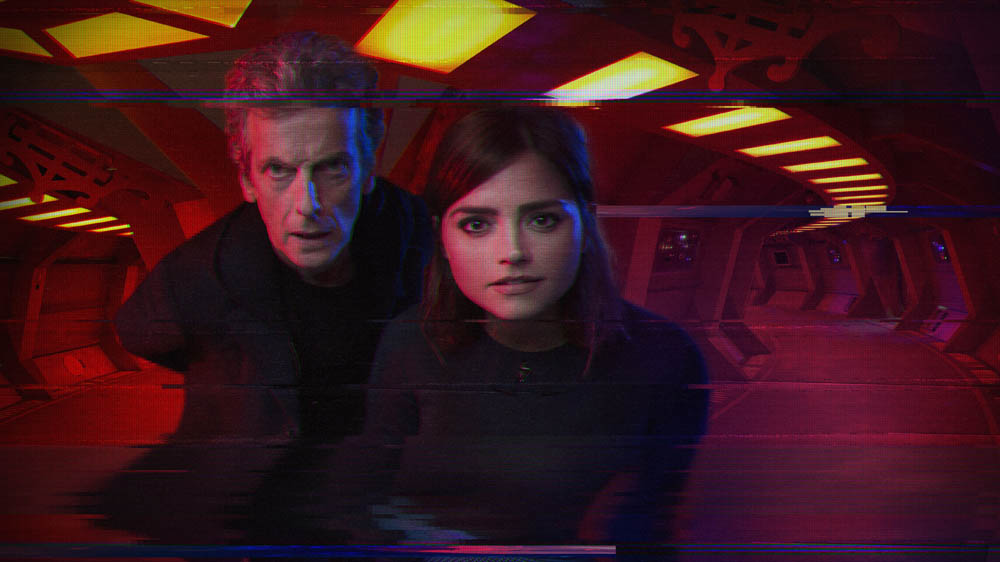
As is common with people who work on Doctor Who, Mark Gatiss is practically the poster child for a fan growing up and turning his obsession into a career.
Nobody knows Doctor Who quite like him, and the sheer love he has for it shines through his work both on and off the programme. Few other writers could take an unrelated dark comedy sketch and add a reference to ‘Revenge of the Cybermen’.
Gatiss cut his screenwriting teeth on the P.R.O.B.E. straight-to-video spin-offs in the 1990s (which he’ll tell you never to watch) after first diving into the Whoniverse by writing Virgin New Adventures novels in 1992. Across various media, he has been writing Doctor Who on and off for twenty-four years. And when you’ve been writing something you have a real love of for nearly a quarter of century, you know your stuff.
Part of that wealth of experience and knowledge of Doctor Who is that (other than Steven Moffat) he is nu-Who’s longest serving writer, contributing to seven of its nine seasons. Going by sheer experience, there’s no one better suited for the job than Gatiss.
But moving away from his Doctor Who work, there’s also the fact that he is an excellent writer in his own right, particularly excelling when working with pre-existing characters and universes. As shown by his episodes of Sherlock and severely underrated film adaptation of HG Wells’ The First Men in the Moon for BBC Four.
Who do you think could take over from Steven Moffat? Let us know below…

